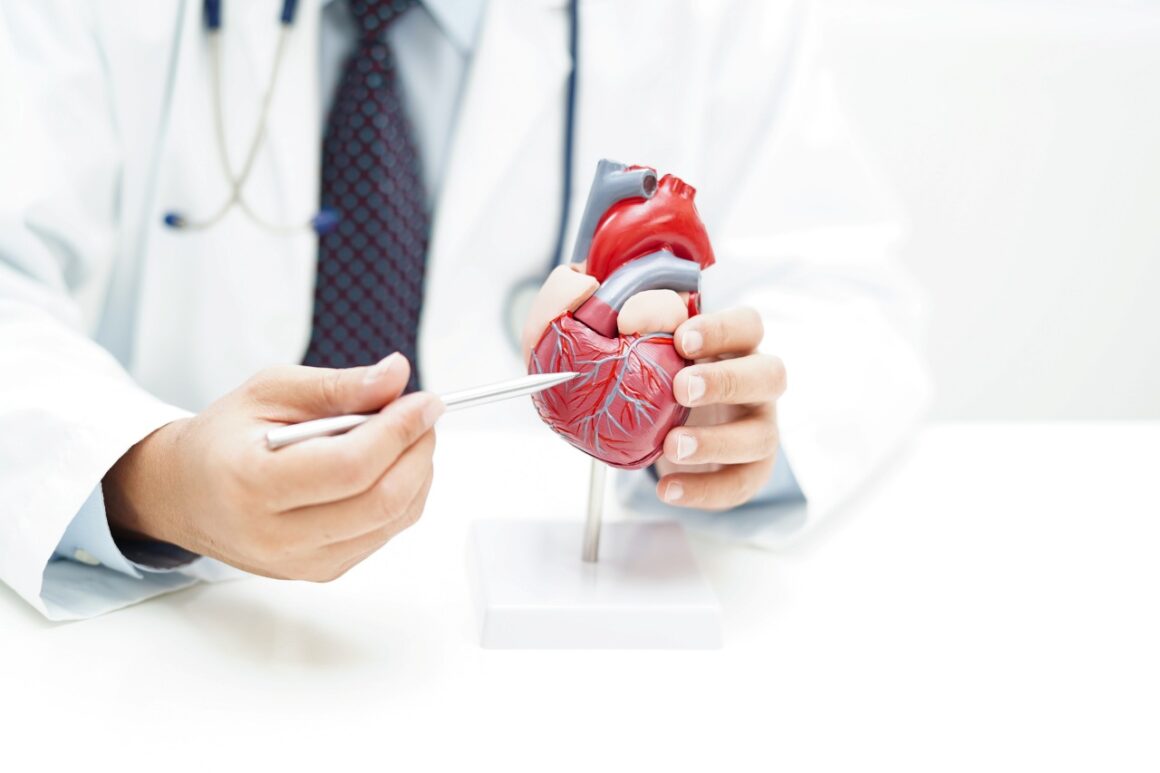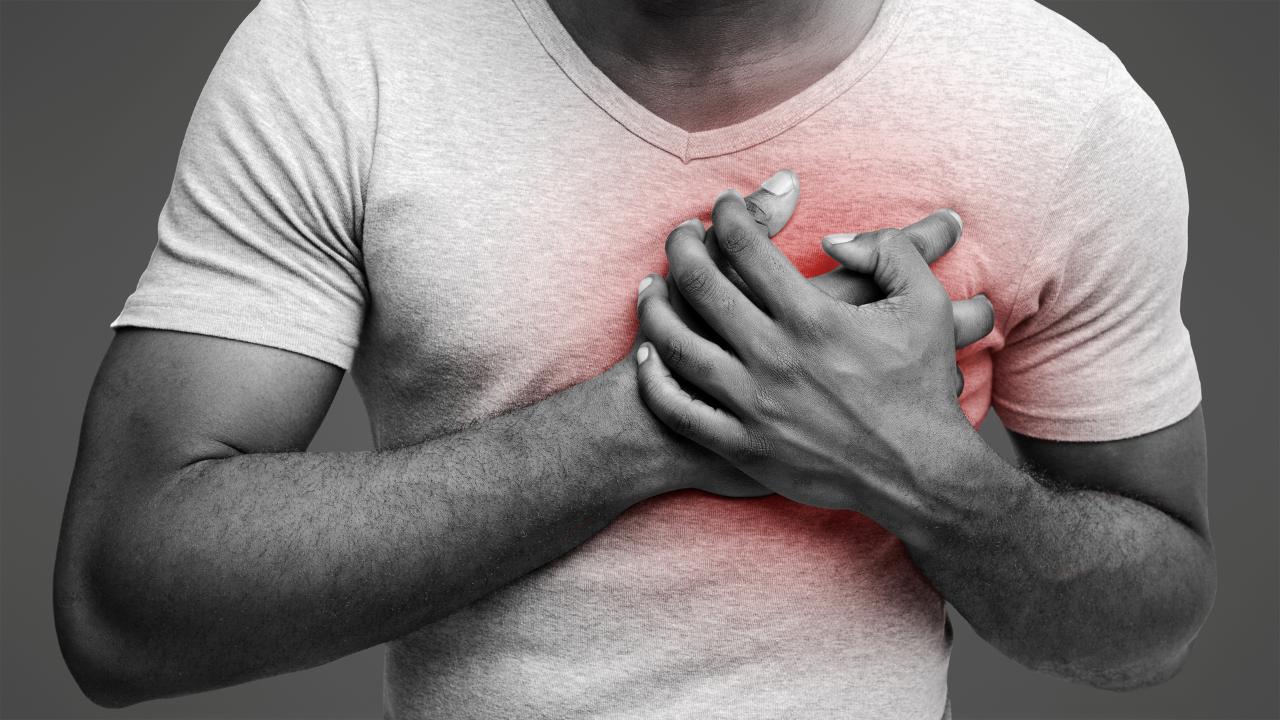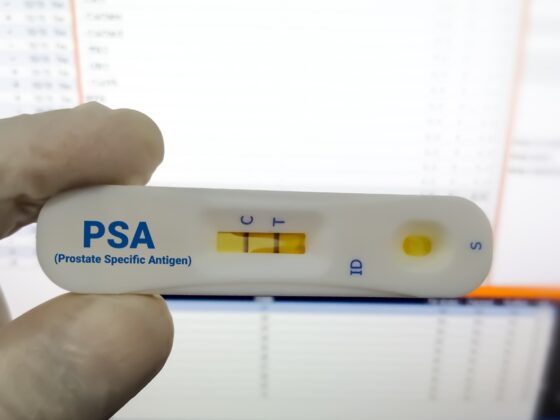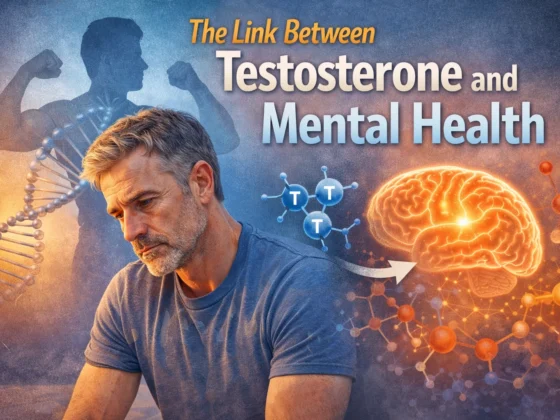Erectile dysfunction (ED) is more than just a frustrating bedroom issue—it can actually serve as a red flag for more serious health concerns, particularly heart disease. The connection between ED and cardiovascular problems is backed by medical research, highlighting how issues in one area of the body often reflect broader systemic health concerns. Let’s explore this critical link and what it means for your overall well-being.
How Erectile Dysfunction and Heart Disease Are Connected
At first glance, ED and heart disease might seem unrelated. However, these conditions are deeply intertwined, primarily due to their connection with blood vessel health and how heart health affects sexual performance:
Both ED and heart disease share several risk factors, including high blood pressure, high cholesterol, obesity, smoking, and diabetes. These common culprits impact blood circulation, which is central to both achieving an erection and maintaining cardiovascular health.
Early Warning Sign of Cardiovascular Problems
Erectile dysfunction often precedes heart disease by several years, most notably because the smaller blood vessels in the penis are more sensitive to damage than larger arteries. So let’s say you’re experiencing ED in your 30s and 40s, this could be an early sign that your cardiovascular system is struggling.
Blood Vessel Health and Circulation
Good blood flow is critical for both a strong erection and a healthy heart. When arteries become narrowed or blocked – a condition known as atherosclerosis – it restricts circulation. This not only leads to heart problems but can also make it difficult to achieve or maintain an erection.
Understanding the Underlying Causes
Atherosclerosis and Blood Vessel Damage
Atherosclerosis, or the buildup of plaque in the arteries, is one of the leading causes of both heart disease and ED. This condition reduces blood flow throughout the body, so it naturally impacts both the heart and the penile arteries.
Endothelial Dysfunction
The endothelium is a thin layer of cells lining your blood vessels. When it doesn’t function properly – known as endothelial dysfunction – it can lead to both ED and cardiovascular issues. This dysfunction affects the body’s ability to regulate blood flow effectively.
Hormonal Imbalances
Don’t forget about hormones: testosterone levels play a significant role in sexual performance and cardiovascular health, with low testosterone contributing to both ED and an increased risk of heart disease. You can typically get your hormone levels checked with a simple blood test if you think they might be imbalanced.
Risk Factors That Increase Both ED and Heart Disease
High Blood Pressure
Hypertension can damage arteries, reducing blood flow to the penis and heart.
High Cholesterol Levels
Elevated cholesterol contributes to plaque buildup in arteries, leading to atherosclerosis.
Smoking and Alcohol Use
Smoking damages blood vessels, while excessive alcohol consumption can interfere with hormone levels and nerve function. As we always say, quitting smoking and moderating alcohol intake are key steps for not just your overall health, but your sexual health too.
Recognizing Erectile Dysfunction as a Red Flag for Heart Disease
ED as an Early Warning Sign
If you’re experiencing persistent ED, it’s important not to ignore it – this could be your body’s way of signaling underlying cardiovascular problems. Plus, seeking medical advice early could prevent more severe health issues down the line, or at least allow you advance notice of any future problems.
When to See a Doctor

If you’re dealing with ED, especially alongside other symptoms like chest pain or shortness of breath, consult a healthcare professional.
How to Improve Your Erectile and Cardiovascular Health
Improve Diet and Nutrition
A heart-healthy diet rich in fruits, vegetables, lean proteins, and whole grains can improve blood flow and reduce the risk of both ED and heart disease. Incorporating foods high in antioxidants and omega-3 fatty acids is particularly beneficial.
Regular Exercise and Physical Activity
Physical activity improves circulation, lowers blood pressure, and helps maintain a healthy weight—all of which are vital for cardiovascular and erectile health. Aim for at least 30 minutes of moderate exercise most days of the week.
Managing Stress and Mental Health
Chronic stress can take a toll on your cardiovascular system and your ability to perform sexually. Techniques like mindfulness, yoga, or even speaking to a therapist can help manage stress levels effectively.
And while we know we’ve been quite serious in this blog, don’t forget the toll that ED can take on your bedroom confidence. If you have chronic problems getting hard, consider trying our penis pump US, which can support stronger erections, make your penis thicker with continued use, and enhance your overall performance in the sack!
Final Thoughts
There’s no two ways about it – the link between erectile dysfunction and heart disease is a reminder of how interconnected our bodies truly are. ED might feel like an isolated issue, but it often points to broader health concerns, particularly those affecting the cardiovascular system – one more reason to head to the doctors and get it checked out!. So take action today—your body – and your penis – will appreciate it in the long run!










